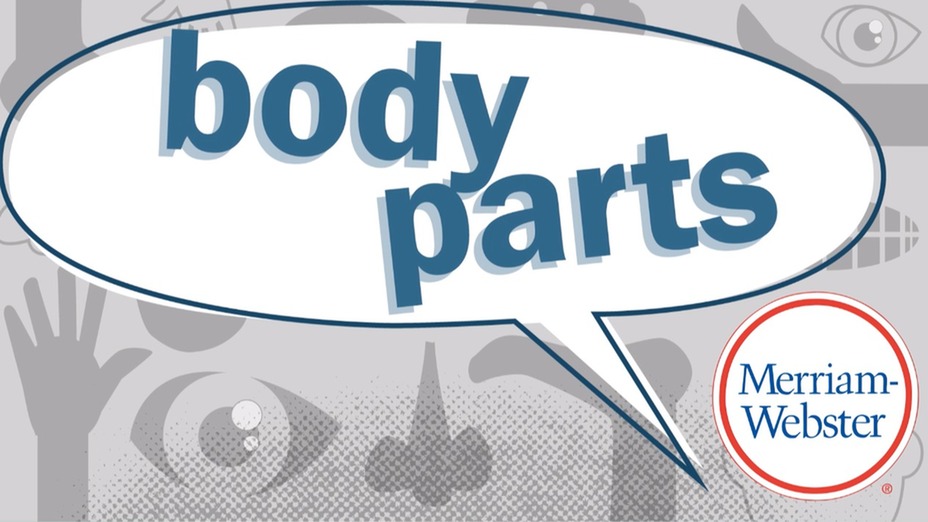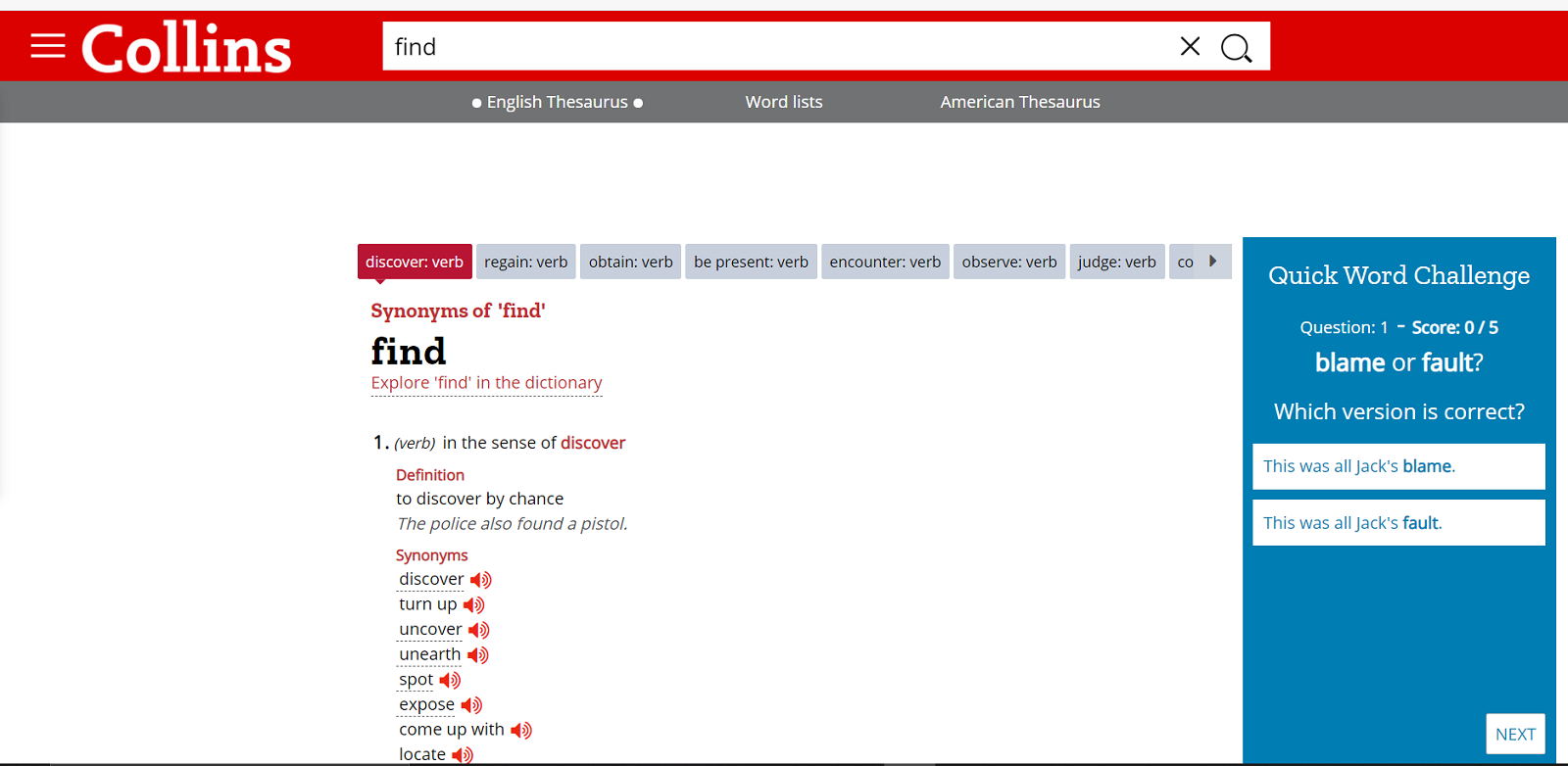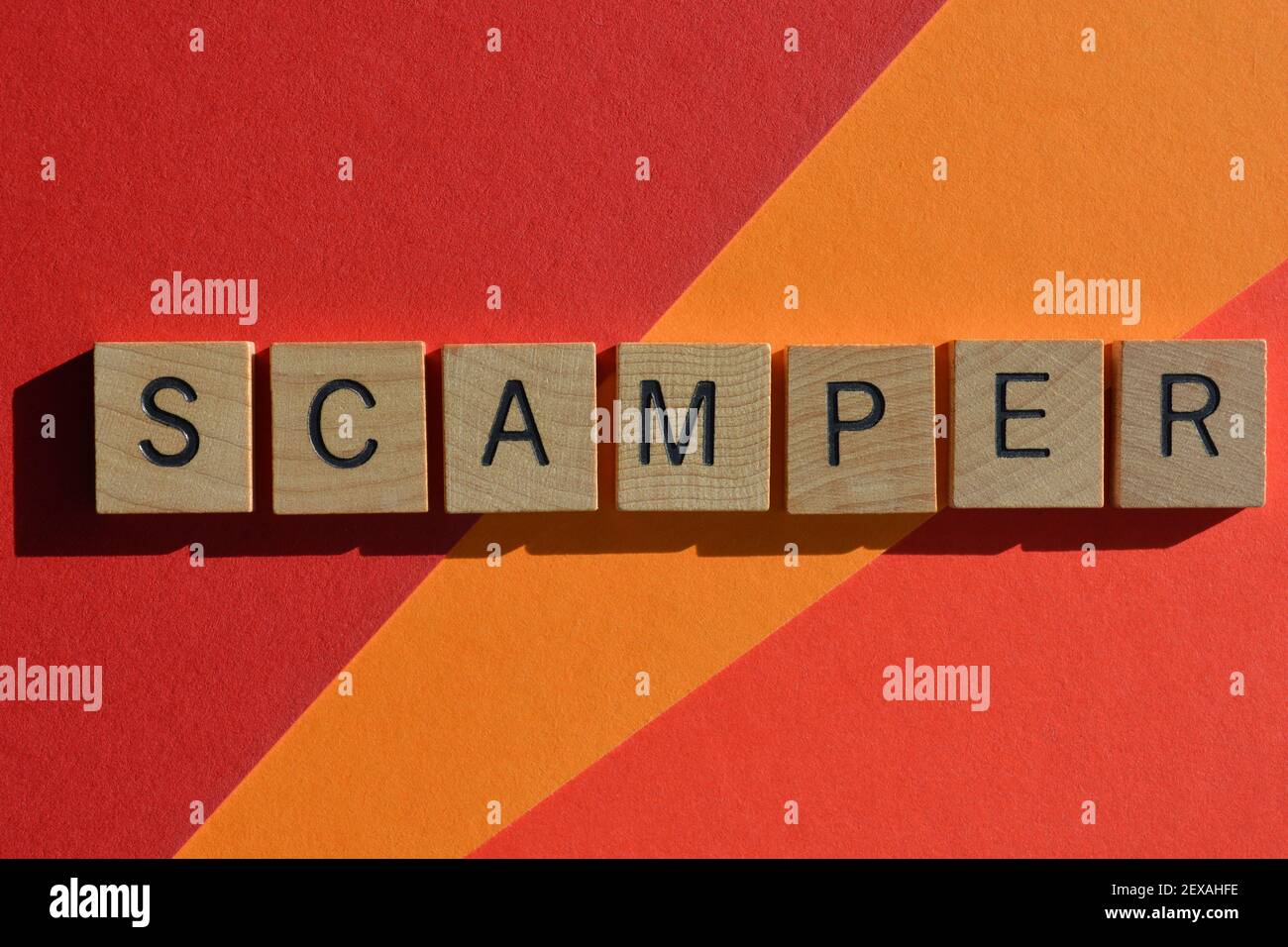

It simply looks through tonnes of dictionary definitions and grabs the ones that most closely match your search query. The queries made to the service in the last 24 hours.The way Reverse Dictionary works is pretty simple. Your search query securely to the Datamuse API, which keeps a log file of Or by any add-ons or apps associated with OneLook. No personally identifying information is ever collected on this site The same interface is now available in Spanish at OneLook TesauroĪs a beta version. Is this available in any language other than English?

If you regularly use the main OneLook site, you can put colon ( :) into any OneLook search box,įollowed by a description, to go directly to the thesaurus.(Wildcard patterns are not yet suppoerted by this add-on.)
#ANOTHER WORD FOR REVERSE FREE#

Drag this link to your browser's link bar for a convenient button that goes to the thesaurus:.Which in turn uses several lingustic resources described in the "Data sources" section The reverse dictionary uses a souped-up version of our Datamuse API, That appear in the "Filter by." menu on the results page. Your search can be refined in various ways using We'd rather give you too many options than too few.Ī word to check its definition before using it in your Oscars Not all of the results will make sense at first, but We highlight the most directly related results in yellow.īeyond that, they're meant to inspire you to consider relatedĬoncepts. I'm only looking for synonyms! What's with all these weird results?įirst result or the first few results are likely to be useful. ?lon:synthetic fabric and the other examples above. On OneLook's main search or directly on OneLook Thesaurus, you can combine patterns and thesaurus lookupsīy putting a colon ( :) after a pattern and then typing.For example, the query *+ban finds "banana".
#ANOTHER WORD FOR REVERSE PLUS#
NEW! A plus sign ( +) followed by some letters at the end of a pattern means "restrict to these letters". For example, the query sp?-ei finds 5-letter words that start with "sp" but do not contain an "e"or an "i", such as "spoon" and "spray". NEW! A minus sign ( -) followed by some letters at the end of a pattern means "exclude these letters". Returns 5-letter words that contain a W and an E, such as "water" and "awake". Question marks can signify unknown letters as usual for example, //we? For example, the query //blabrcs//e will find "scrabble". You can use another double-slash to end the group and put letters you're sure of to the That contain a "y" somewhere, such as "happy" and "rhyme".Ī group of letters to unscramble them (that is, find anagrams.)įor example, the query //soulbeat will find "absolute"Īnd re//teeprsn will find "represent" and "repenters". NEW! The comma ( ,) lets you combine multiple patterns into one.įor example, the query ?,*y* finds 5-letter words The at-sign ( matches any English vowel (including "y").įor example, the query finds the word "about" but not "abort". The number-sign ( #) matches any English consonant.įor example, the query tra#t finds the word "tract" but not "trait". That means that you can use it as a placeholder for a single letterįor example, will find the word "Lebanon". The question mark ( ?) matches exactly one letter. You'll get all the terms that contain the sequence "lueb",Īnd so forth. You'll get all the terms that end with "bird" if you enter That means that you can use it as a placeholder for any part of a word or phrase.įor example, if you enter blueb* you'll get all the terms that start with "blueb" if you enter The asterisk ( *) matches any number of letters.If you know some letters in the word you're looking for, you can enter a pattern instead of, or in addition to, a description.



 0 kommentar(er)
0 kommentar(er)
